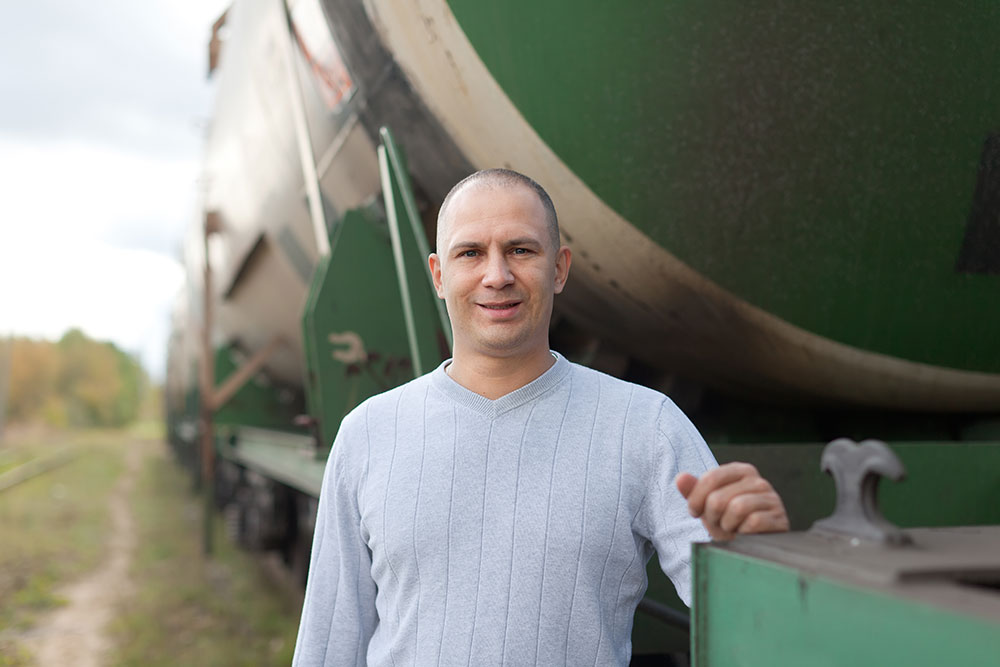Disclaimer: The information on our website is provided for general information purposes only. We make no representations or warranties of any kind, express or implied, about the completeness, accuracy, reliability, suitability or availability with respect to the website or the information contained on our website for any purpose. Any reliance on such information is therefore strictly at your own risk and we are not liable for any damages or losses arising out of or resulting from your reliance on any information contained on our website.
Locomotive engineers drive all types of trains to transport cargo and passengers. To say this is a unique career would be an understatement. These engineers learn how to operate a train safely while maintaining a strict schedule. They would monitor the trains speed as well and provide a comfortable ride if transporting passengers.
Watch a video to learn what a locomotive engineer does:
How to Become a Locomotive Engineer
Locomotive engineers would start on-the-job at an entry-level position such as train crew. No prior experience would be necessary as the company that employs you provides the training. As you gain experience, you can start the process to obtain your locomotive engineer certification from the Federal Railroad Association.
Job Description of a Locomotive Engineer

A locomotive engineer must ensure a train gets from one stop to another safely. Prior to leaving a station, the person would need to ensure they conduct any safety procedures and inspections prior to travel. While in transport, they monitor gauges to ensure they are operating the locomotive appropriately at all times.
They also must observe their environment and ensure there is nothing obstructing the track ahead. It is vital that a locomotive engineer remain alert during transport as they must respond quickly to an emergency.
Locomotive Engineer Career Video Transcript
Commuter trains gliding between stations, freight trains chugging across the heartland… Every kind of train needs a steady, experienced locomotive engineer at the controls, and railroad conductors and yardmasters to keep track of passengers and cargo. Locomotive engineers drive freight or passenger trains between stations. They alter their methods and speed based on the type of freight they carry, weather conditions, and the quality of the rails themselves.
These engineers monitor speed, air pressure, battery use, and other instruments to ensure that the locomotive runs smoothly. Keeping in contact with dispatchers over the radio helps them stay informed of delays and schedule changes. Railroad conductors help travelers onto the train, take tickets, make announcements, and stand by while the train is in the station. It’s their job to make sure people are safely aboard before signaling to the engineer to proceed.
Conductors also coordinate the activities of the train’s crew and on freight trains, if a yardmaster is not available, they oversee the loading and unloading of cargo. Yardmasters stay at the station to oversee the activities of workers in the rail yard; moving cars for the right configuration of a train, loading freight, and making sure all equipment is safe. Especially before they gain seniority, these railroad workers work nights, weekends, and holidays. Most jobs require a high school diploma, along with several months of simulations and on-the-job training to get “on track” for a career on the rails.
Article Citations
National Center for O*NET Development. 53-4011.00. O*NET OnLine.


